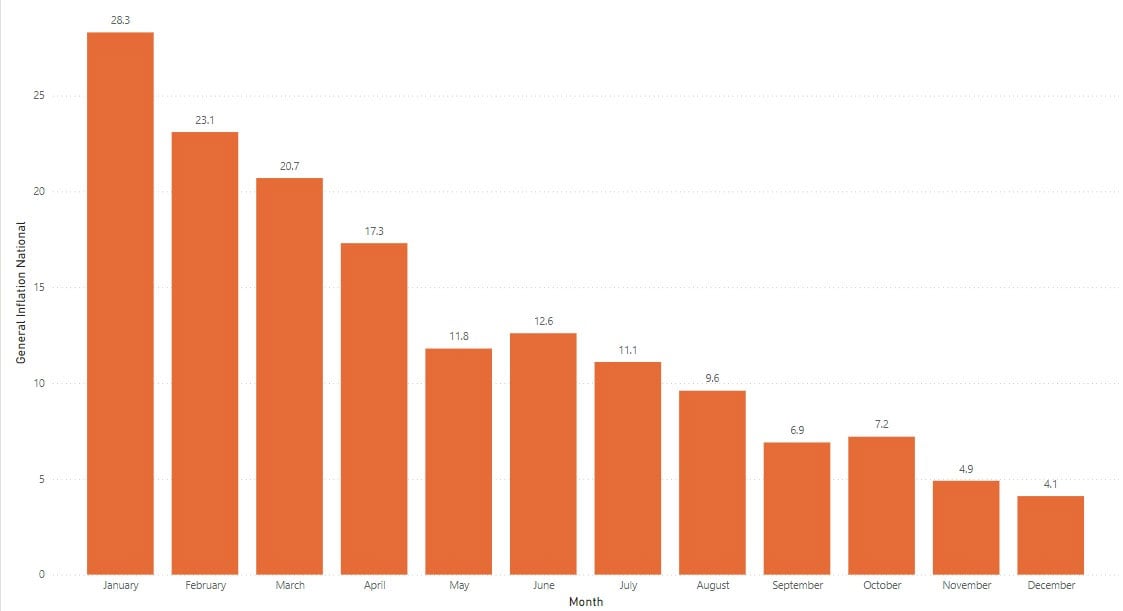Health
Abuse of power
字号+ Author:Smart News Source:Business 2025-01-14 02:30:11 I want to comment(0)
THE Income Tax Ordinance, 1979, was replaced by the Income Tax Ordinance, 2001, with the intent of facilitating taxpayers. The new law recognised a valid tax return as an assessment order, thereby reducing unnecessary scrutiny. However, several exceptions were built into the law to ensure accurate declar-ations, as outlined in sections 122(5), 122(5A), 161 and 177. Section 177 grants the commissioner the power to select a taxpayer for audit, including verifying withholding tax (WHT) collection, specifically mentioned in section 161. Section 122(5) allows collection of tax on misdeclarations either found through an audit or externally found ‘definite information’ about undisclosed assets or expenses. Similarly, section 122(5A) empowers the correction of glaring errors, having an identified loss of revenue, without any inquiry. Unfortunately, these provisions, meant to enhance transparency and revenue collection, are frequently misused to harass the taxpayers. Information from tax returns and errors outside the legal scope of section 122(5A) are often exploited to initiate unnecessary engagement with the taxpayers. Further, section 176, dealing with the collection of third-party information, is frequently misused to extract flimsy clarifications from the taxpayers on the filed returns that are legally deemed assessments. Similarly, section 161 is arbitrarily invoked to initiate a parallel audit in addition to the audit under section 177. The very existence of the office of ‘commissioner withholding’ is superfluous to the scheme of law. These powers, when delegated to officials in BPS-16-19, are misused with impunity. With the availability of a comp- rehensive database within the Federal Board of Revenue’s (FBR) Iris software, a simple statistical analysis of the notices issued, resolved or left pending, would provide valuable insights into the abuse of delegated powers. Moreover, such analysis would also reveal whether these actions stem from inefficiency, corruption, or an unholy nexus between the tax officials and the so-called tax consultants, to the detriment of the taxpayers. The FBR chairman should ensure data-driven accountability within the department. Otherwise, these unchecked practices will only deepen mistrust among the taxpayers, and undermine tax compliance in the long run.
1.This site adheres to industry standards, and any reposted articles will clearly indicate the author and source;
 Related Articles
Related Articles-
Democracy and economy are top issues, with big splits between Harris and Trump voters
2025-01-14 02:14
-
The weekly weird
2025-01-14 01:58
-
Diabetes challenge
2025-01-14 01:23
-
Kundi pledges to highlight KP’s issues in SIFC
2025-01-14 00:49
 User Reviews
User Reviews Recommended Reads
Recommended Reads Hot Information
Hot Information- Saud hits ton, Faizan stars with all-round show in Quaid-e-Azam Trophy
- Fuel prices poised for second fortnightly rise
- Steps to check smog yields positive results in Attock
- Tremors felt in KP, Islamabad as 5.1-magnitude quake jolts Afghanistan
- Visa rejection
- Israeli strike on Gaza ‘safe-zone’ damages MSF clinic
- Sporting keffiyehs, climate protesters at COP29 demand end to militarisation
- Last call
- Shangla buildings discharging waste into rivers to face action
 Abont US
Abont US
Follow our WhatasApp account to stay updated with the latest exciting content











